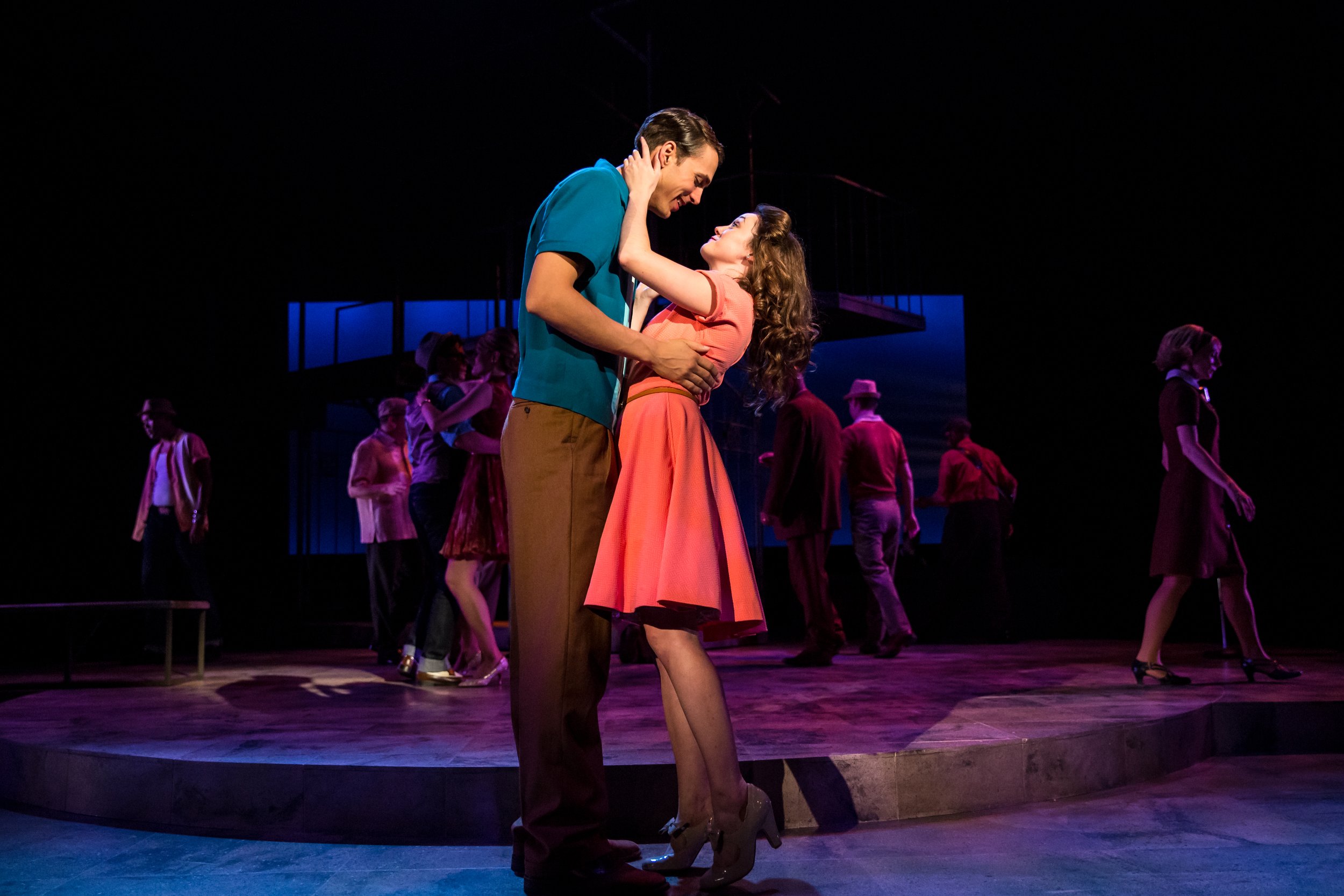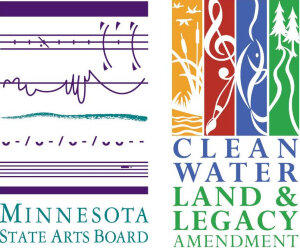
Romeo and Juliet: the podcast
Benjamin Boucvalt and Caroline Amos in Romeo and Juliet, 2016 GRSF Production. Photo by Dan Norman.
Listen here
Listen on podcast apps
a free resource for students, Teachers, and shakespeare lovers
Plot
Love, betrayal, passion, bloodshed, and death. What happens when two young people from warring families fall in love? The Montagues and the Capulets have been enemies for generations, but when their children Romeo and Juliet meet and fall in love, tragedy ensues.
Podcast
This 6-episode series brings Shakespeare’s story to life as a radio drama performed by members of the Great River Shakespeare Festival. This activity is made possible by the voters of Minnesota through a grant from the Minnesota State Arts Board, thanks to a legislative appropriation from the Arts and Cultural Heritage Fund.
Text
The script included here (click on the image) will allow you to follow along in the text and see what we have chosen to cut from a modern script. The modern script is the work of scholars who combined text from multiple sources from the time of Shakespeare. This version relies most heavily on the Second Quarto of 1599 and the First Folio of 1623.
cast & creatives
Adapted by Doug-Scholz-Carlson | Directed by Doug Scholz-Carlson and Chris Collier | Sound Design & Mastering by Nathanael Brown
Featuring: Lloyd Mulvey (Lord Capulet) | Teri Brown (Lady Capulet) | Ashley Bowen (Juliet) | Jonathan Contreras (Tybalt) | Tarah Flanagan (Juliet’s Nurse) | Adeyinka Adebola (Sampson) | Mark Mazzarella (Gregory) | Brittany Prioa (Peter, Servants in the house of Capulet, Lady Montague) | Vanessa Morosco (Lord Montague) | Chris Collier (Romeo) | Raffeal Sears (Benvolio) | Sara Montjoy-Pepka (Abram, Balthasar, servants in the house of Montague) | Will Sturdivant (Escalus) | Benjamin Boucvalt (Mercutio) | Adeyinka Adebola (The Count Paris) | Jonathan Contreras (Friar John) | Doug Scholz-Carlson (Friar Lawrence, Fransiscan Friars)
Thanks to KQAL and WSU for recording support.
This activity is made possible by the voters of Minnesota through a grant from the Minnesota State Arts Board, thanks to a legislative appropriation from the Arts and Cultural Heritage Fund.





